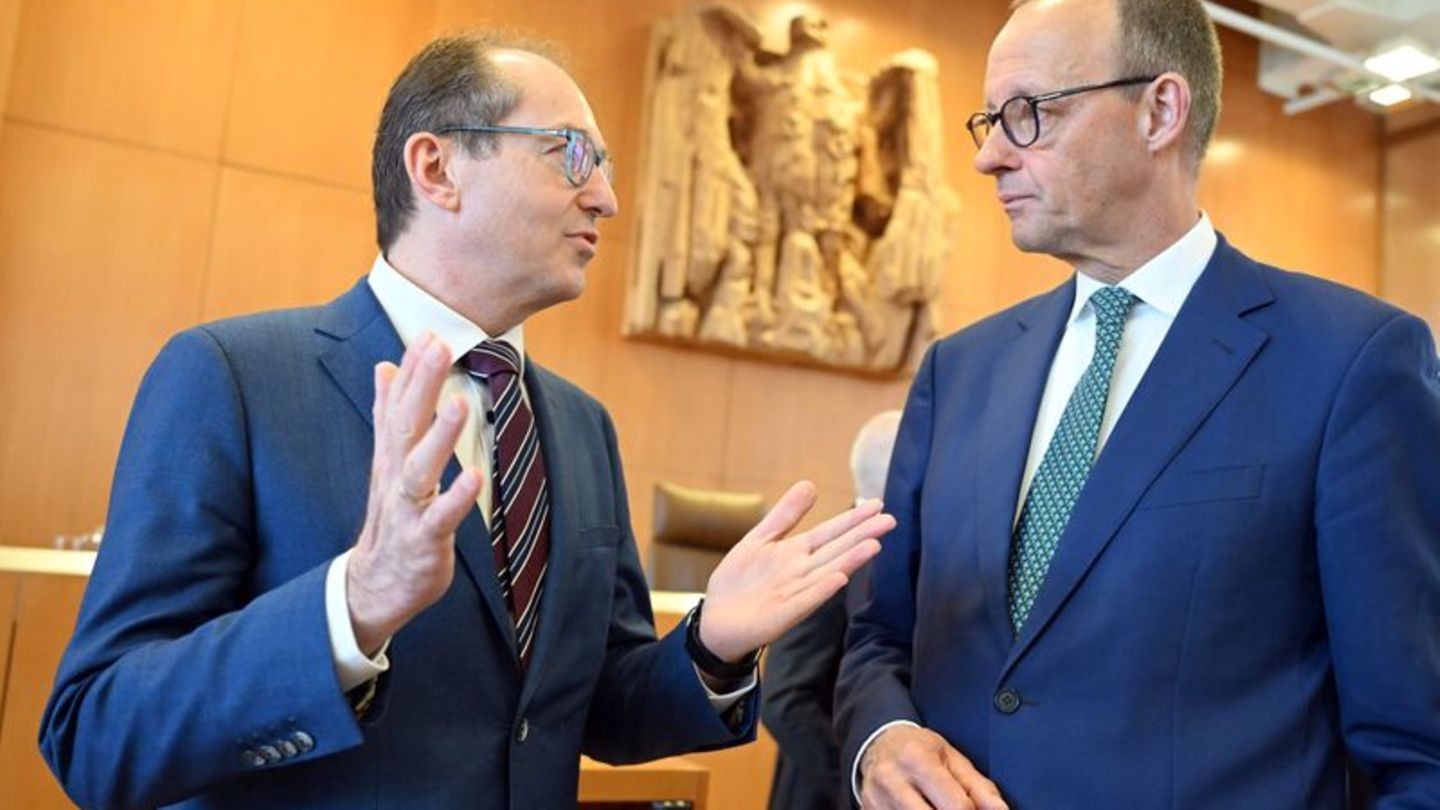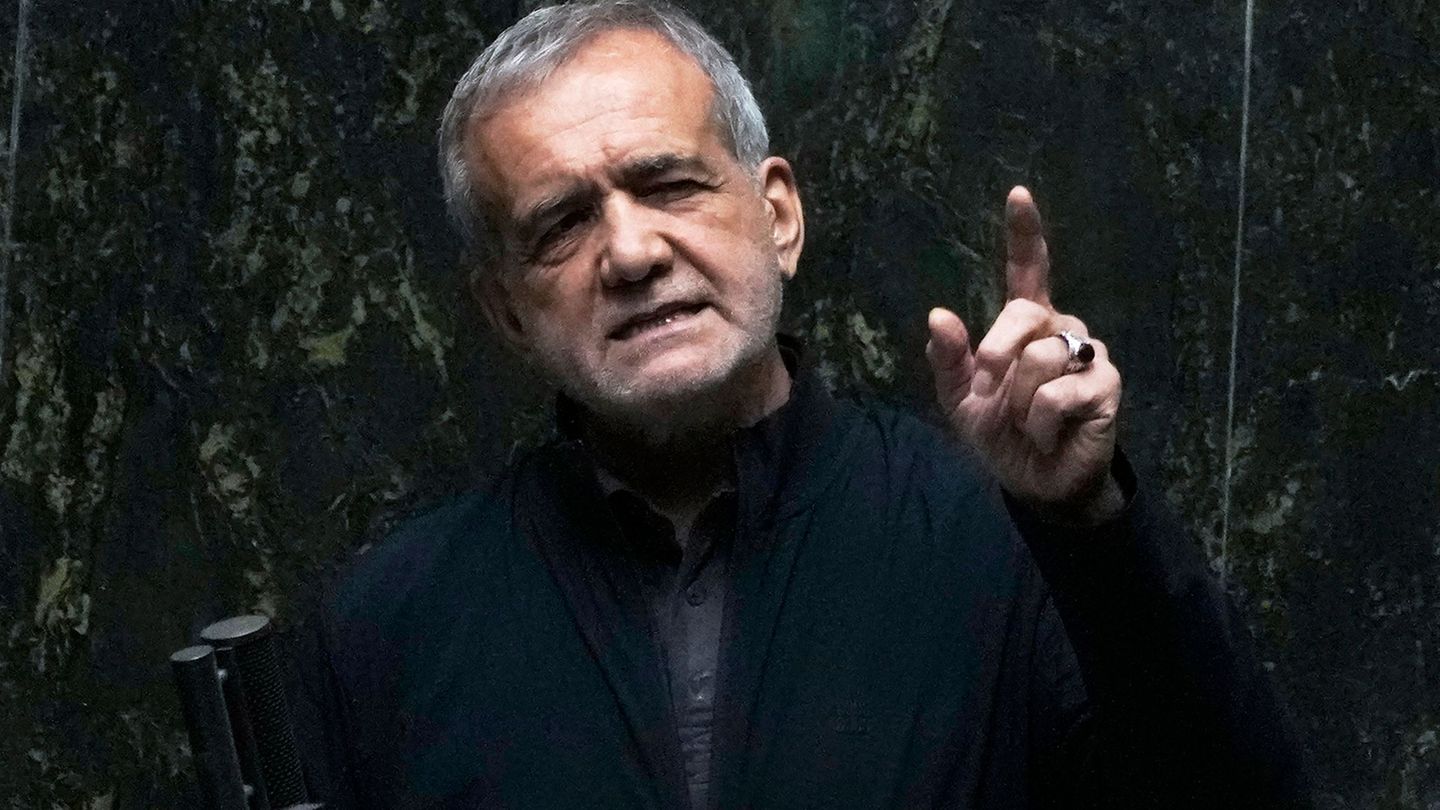The traffic light coalition’s electoral law reform is being put to the test in Karlsruhe – the CSU and CDU warn of orphaned constituencies and a change to pure proportional representation.
The traffic light coalition’s electoral law reform is under scrutiny by the Federal Constitutional Court and has been sharply attacked by the plaintiffs in Karlsruhe.
The law with its significant changes was not passed by consensus, complained CSU state parliament member and Bavarian Interior Minister Joachim Herrmann. The mere impression that individual parties could shape the electoral law in their favor is massively damaging to the understanding of democracy.
Above all, Herrmann objected to the fact that only the second vote result should decide the number of seats a party has in parliament. This could lead to orphaned constituencies in the future: a directly elected constituency candidate would not be allowed to enter the Bundestag if this was not covered by the second vote result.
“Problematic system change towards pure proportional representation”
“It is suggested to voters that they can choose a candidate with the first vote,” added CSU regional group leader Alexander Dobrindt. But that is not the case “because the mandate is assigned via the second vote”. CDU leader Friedrich Merz spoke of a problematic system change towards pure proportional representation. “The elections in the constituencies will be downgraded to a pure counting function of proportional representation.”
According to the new regulation, only the second vote result should decide – even if one party has won more direct mandates. Constituency winners with the worst first vote result then go away empty-handed. Overhang mandates – and thus also the resulting compensation mandates – will be abolished. In addition, the so-called basic mandate clause will be deleted: it previously stipulated that parties that fail at the five percent hurdle can still enter the Bundestag based on their two-vote result if they win at least three direct mandates.
Traffic light representative confident
The representatives of the traffic light coalition have expressed confidence that the reform they have implemented will also stand up before the highest German court. “The people in Germany have no understanding that the Bundestag is getting bigger and bigger,” said FDP politician Konstantin Kuhle in Karlsruhe on Tuesday. The traffic light coalition has therefore decided to cap the number of MPs at 630 with the new regulation – around 100 fewer than currently. SPD MP Sebastian Hartmann called the reform, which was launched last year, a historic opportunity to strengthen voters’ trust in a fair and just electoral system.
A verdict could come in a few months.
Source: Stern
I have been working in the news industry for over 6 years, first as a reporter and now as an editor. I have covered politics extensively, and my work has appeared in major newspapers and online news outlets around the world. In addition to my writing, I also contribute regularly to 24 Hours World.




